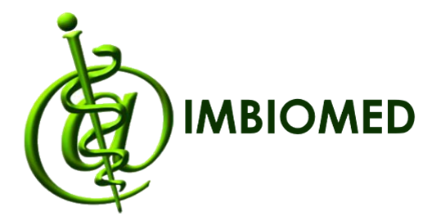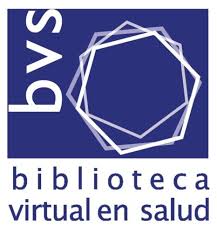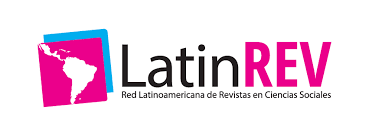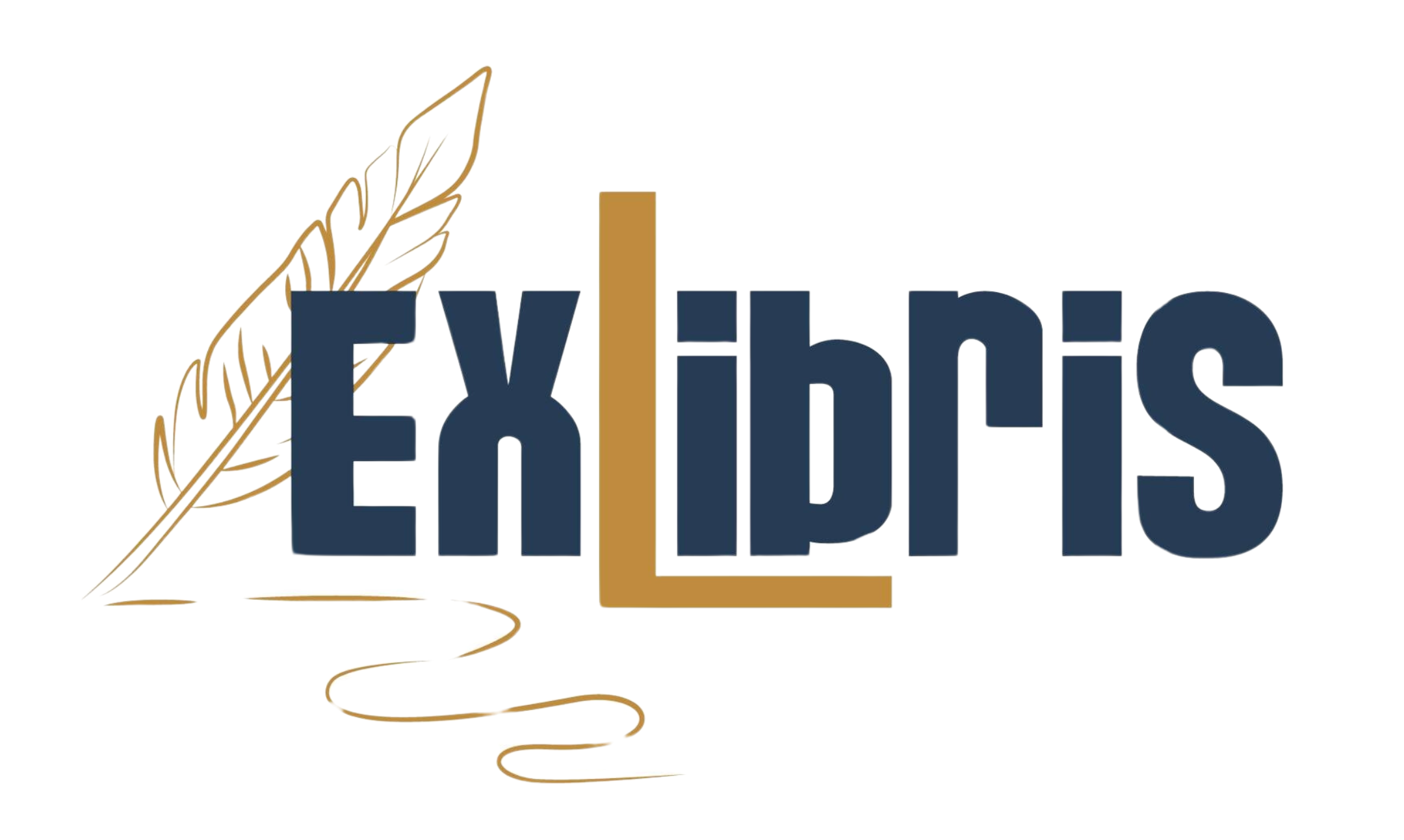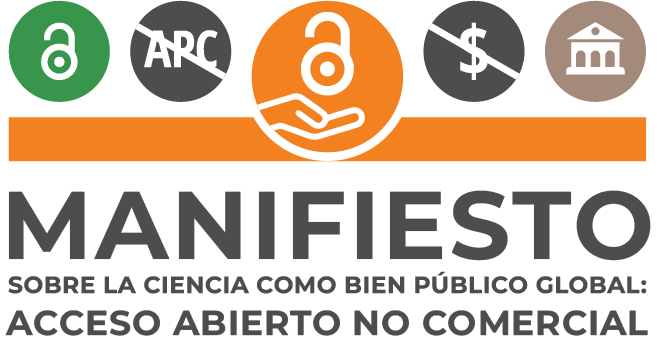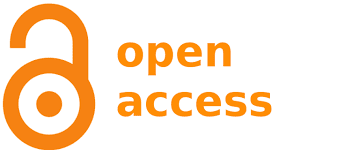Clinical evolution of COPD stage zero in smoker patients with non-pharmacological medical interventions
DOI:
https://doi.org/10.5377/creaciencia.v12i1.8057Keywords:
COPD stage zero, non-pharmacological treatment, breathing exercises, pulmonary rehabilitation, El SalvadorAbstract
Chronic cigarette smoking can cause respiratory symptoms, in addition to obstructive patterns.
However, the application of non-pharmacological measures or pulmonary rehabilitation, through breathing exercises and physical activity, can be applied curatively or preventively. The objective was to evaluate the clinical evolution of COPD stage zero in smokers with non-pharmacological interventions. An uncontrolled clinical trial was carried out, with a sample of 18 participants, out of a population of 43. Respiratory symptoms were evaluated; all this before and after applying non-pharmacological measures, which lasted 4 months. Respiratory symptoms such as cough, expectoration, dyspnea and wheezing were identified, also evaluating the number of symptoms, the McNemar test was performed to test the hypothesis and verify if COPD stage zero decreases after performing non-pharmacological interventions, said test does not was significant, indicating that the proportion of COPD stage zero smokers did not decrease significantly after applying the interventions; however, the number of symptoms decreased significantly, which was verified with the sign test, in which the p-value was less than 0.05 (0.028).
CONCLUSION: With the application of non-pharmacological measures, smoking patients improve many symptoms; however, it does not decrease the number of patients with COPD stage zero, so it is recommended that the interventions be prolonged to verify if the changes in stage zero are significant.
Downloads
Published
Issue
Section
License
Copyright (c) 2022 Journal Creates Specialized Science in Health Areas

This work is licensed under a Creative Commons Attribution-NonCommercial-ShareAlike 4.0 International License.
Los artículos de Crea Ciencia están publicados en acceso abierto bajo una licencia CC BY-NC-SA 4.0 de la Universidad Evangélica de El Salvador.










